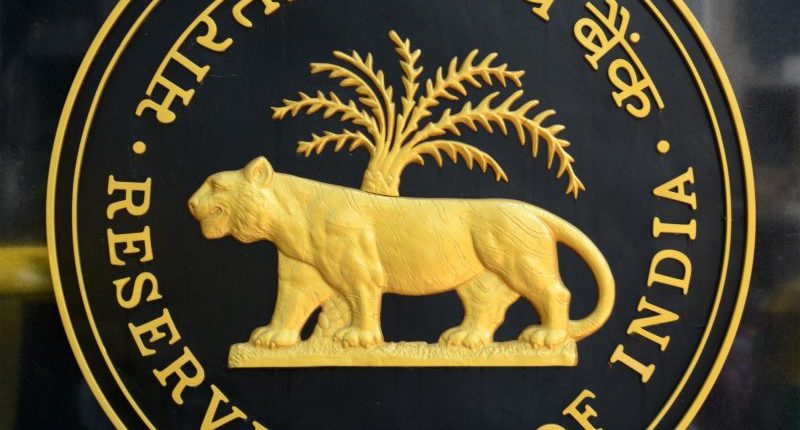The Reserve Bank of India (RBI) permits non-promoters to have up to 15% stake in private sector banks. This was done based on the Internal Working Group’s (IWG) recommendation; IWG was designed to assess the existing guidelines related to ownership and corporate structure concerning these entities. Voting rights, nevertheless, are probably going to be capped at 10%, similar to how it is with other investors.
IWG had suggested that all kinds of non-promoters can hold up to 15% in private sector banks; currently, it is 10%. RBI has slightly modified the proposal; it will permit only supranational institutions, financial entities, and government undertakings to hold a 15% bank stake. All other non-promoters (including individuals) will continue to have a 10% cap.
RBI has also mentioned that any entity which holds more than a 5% stake in a bank will need to seek prior approval from the regulator. As per the August 2016 guidelines related to the on-tap licensing of universal banks, business groups within private sectors will qualify only when their non-financial business doesn’t account for 40% or more with respect to gross income or total assets.
The decision to permit non-promoters to hold up to a 15% stake in private banks paves the way for foreign banks, i.e., those banks with no branches in India will own 15% in domestic banks. According to banking experts, with the increase in the non-promoter shareholding, lenders will have greater access to capital.
For any clarifications/feedback on the topic, please contact the writer at bhavana.pn@cleartax.in
Bhavana is a Senior Content Writer handling the GST vertical. She is committed, professional, and has a flair for writing. When away from work, she enjoys watching movies and playing with her son. One thing she can’t resist is SHOPPING! Her favourite quote is: “Luck is what happens when preparation meets opportunity”.





